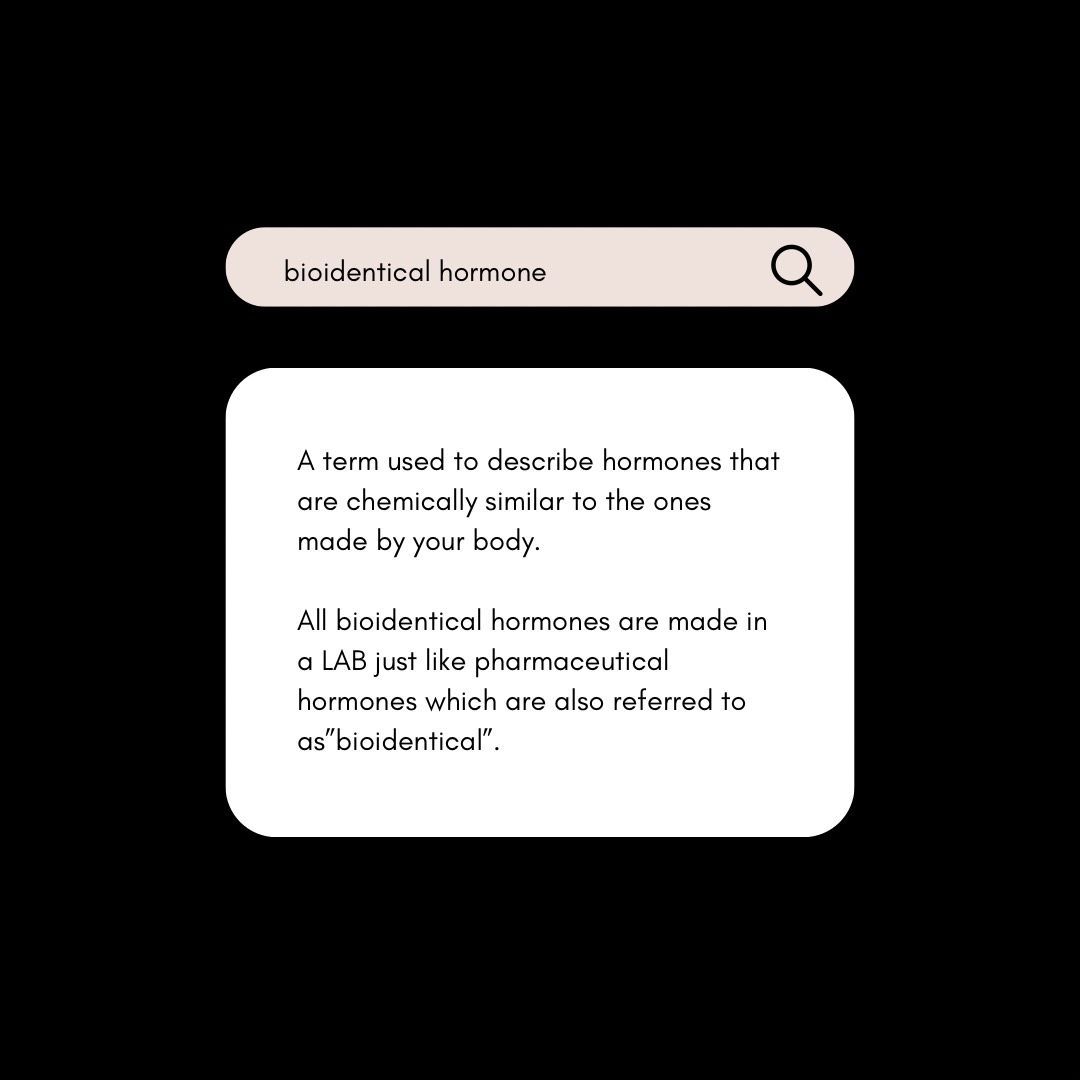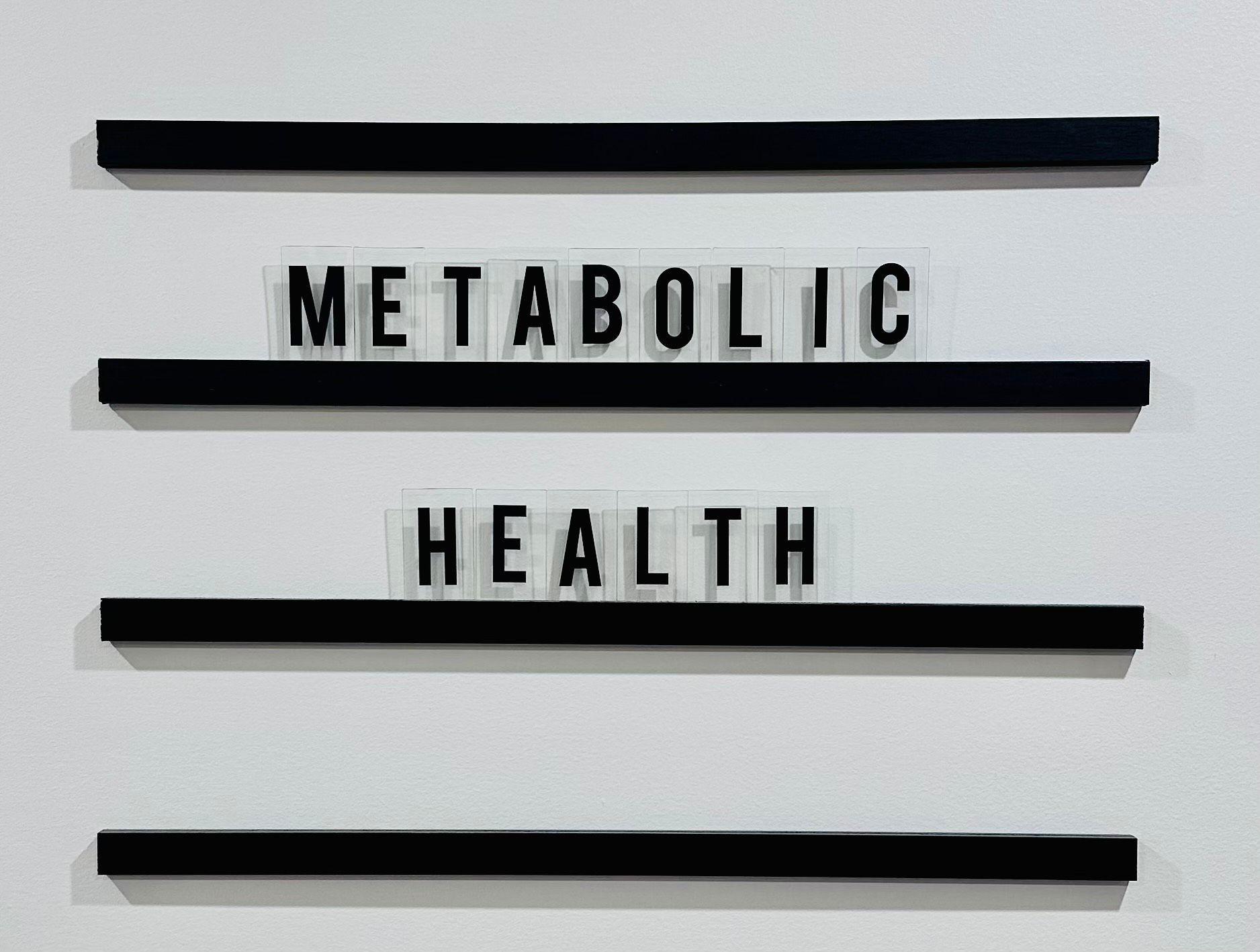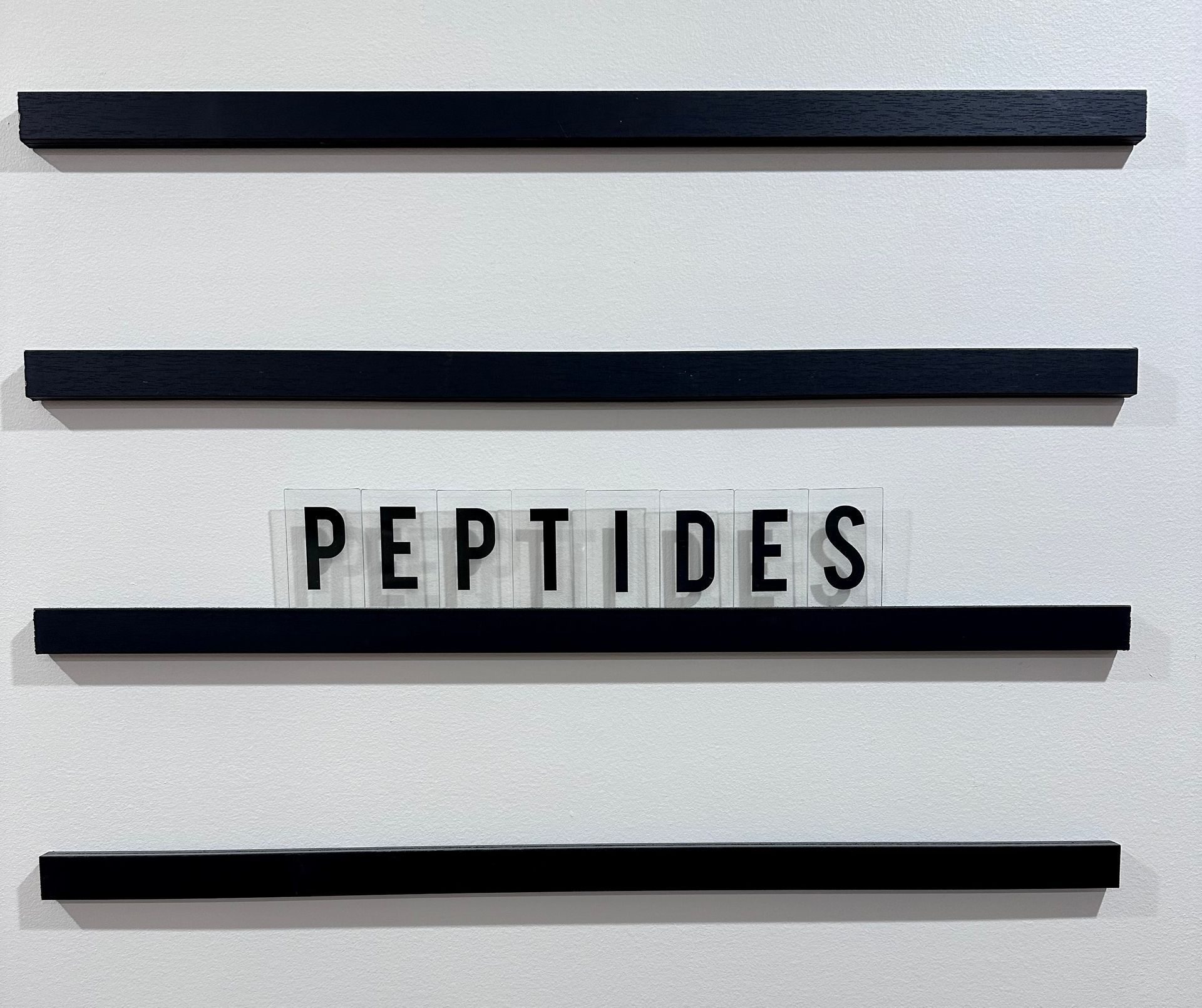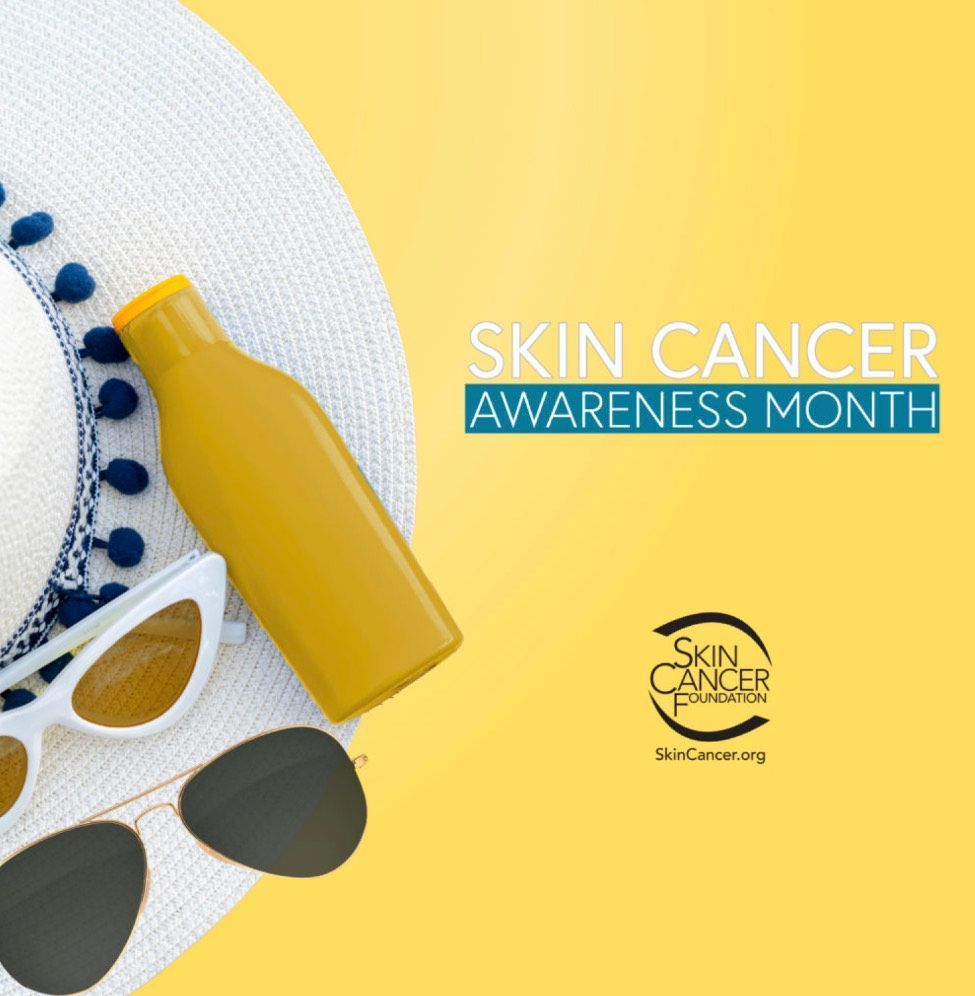To Pellet or Not to Pellet


As you can see in the picture above, upper Left is your body's testosterone molecule. The other images are the various synthetic testosterone molecules. Are any of those “identical”? None. But they exert the same influence in the body in varying degrees of length of action. The next term that is used (and over-used) frequently in the marketing of pellets among other things is “natural”. Natural meaning from nature or not man made/synthetic. Pellets are frequently called natural as they are usually derived from a so-called natural source. The one that comes readily to mind is made from yams. Sounds great! How can it be bad for me if it's from yams? Who doesn't love yams (well, me. Is it a potato? A fruit? A vegetable? Why is it made sweet then sometimes not? Plus I think they taste gross). But is the implication that they just squeeze the living shit out of a yam and testosterone just drips out? Not unlike prescription testosterone, it’s MADE IN A LAB.
“Yams are natural substances that are put through a chemical synthesis in a laboratory setting to derive the end product of testosterone”. It is also important to note that many of the pharmaceutical forms of hormones are BIOIDENTICAL. For example micronized progesterone, and a variety of estrogen formulations (Billingsly, 2022). Therefore, at Vigor we too are offering bioidentical therapy in the form of FDA approved medication. We do not market it as such, but we provide what is the best option for each individual person.
The only natural form of testosterone is made within the body itself. These phrases are used frequently as they inspire a level of trust in the marketer. If it’s natural and identical to my body's products, there is no way it’s bad for me. Therefore it’s safer and preferable than other forms of HRT offered.
FALSE
As with any medical treatment, there are risks. From Tylenol all the way to open heart surgery. This isn’t lessened because the product is labeled “natural” or “bioidentical”. A growing body of research is revealing that pellets can carry MORE risk for a few reasons. They are not regulated in production. In essence many of them are supplements therefore the dosing per pellet SHOULD be consistent, but is not always.
While they can be compounded and at Vigor, we love our compound pharmacists and truly stand behind their products, this isn’t the case for all compound pharmacies.
Once a pellet is in, if a patient were to experience side effects, there's no digging them out. Unfortunately, I’ve seen this in action And have been on the receiving end of the very upset patient with unintended side effects having to explain that while the effect will lessen as the pellets absorb and levels drop, it can be a long road of 3-6 months.
So why am I so “anti-pellet”? Actually, I’m not. I have done pellet BHRT in a previous practice and for some patients, it’s a Godsend.
If a practice or provider offers HRT and they will ONLY offer pellet therapy or if they strongly recommend them over other types of HRT for “safety reasons” or because they are the best because they are natural, my opinion is they are likely worried more about their bottom line and less concerned with addressing the patients complaints that they came for in the first place. Let me clarify that, A round of pellets for a female patient runs from $350-$500 every 3-4 months, BEFORE any blood work costs to start the process or to check lab values as therapy proceeds or before any costs to “boost” the dose if needed due to poor response. For a male patient, think $750 to over a thousand per placement every 4-6 months. See how that could add up? Now I am not faulting anyone for offering this service. Like I said above, it can be a great treatment for some patients. But so are many other great options that cost so much less and provide the exact same (in some cases better) response the patient is seeking.
At Vigor, I tailor treatment to each individual patient's desired effects, medical history and goals. I have several treatments at my disposal to meet individual needs. I have purposefully chosen to not offer pellets at this time… again, at this time. As the bugs get worked out and more oversight is added to their production, that could change. And as with all of our services, if I decide to add that product, they will fall within our affordable pricing guidelines. We believe in being very up front and honest with our patients. We hope to under promise and over deliver. And while this is a business and we are the owners, we are also patients and want our services to be available and safe to our patients of all income levels. If pellets ever meet our standards and we can offer them at a good price, we will. Until that time, we will get you the results you’re looking for through many other treatment options. All of which are as bio identical as the next.
@Mr.T_Indy
I couldn’t let this topic go without my two cents. I without a doubt was a pellet lover, at first. I say at first because, there is nothing better than having an improved self. I stood tall on my soapbox, testosterone makes women feel better, it does and it will continue to do so. I love data and I check my labs maybe more than I should. After time, I recognized that my testosterone level was getting very high for part of the 3 to 4 month cycle, and then as that level would decline I would start feeling like crap again. According to many of the promises offered by bioidentical companies, my body should have maintained an acceptable level for an extended period of time, but that is not what occurred. I would go way up and then way down, and the majority of the time I was most likely dosed way too high for a woman. I was still on a roller coaster that I had intended on getting off of. Since switching to subcutaneous testosterone injection, which I control weekly, my symptoms don’t return, my ass is not sore and or building up scar tissue, and I do not spend 1 month at a man's level and 2 more months on the dive downward. I also prefer to have control of my dosing so if issues arise, I can just change my next dose. What I do agree with is that subcutaneous is the best route for testosterone replacement. What I do not agree with is people going without a service that can improve quality of life due to cost or lack of access. My hope is that Vigor can continue to provide cost effective hormone replacement services for ALL people.
@Mrs.T_Indy
Reference
Billingsley, A. (2022, May 27). Bioidentical Hormone Replacement Therapy for Menopause: Safety, Uses, and Cost. GoodRX Health. Retrieved September 17, 2023, from: https://www.goodrx.com/healthcare-access/medication-education/bioidentical-hormone-therapy

















